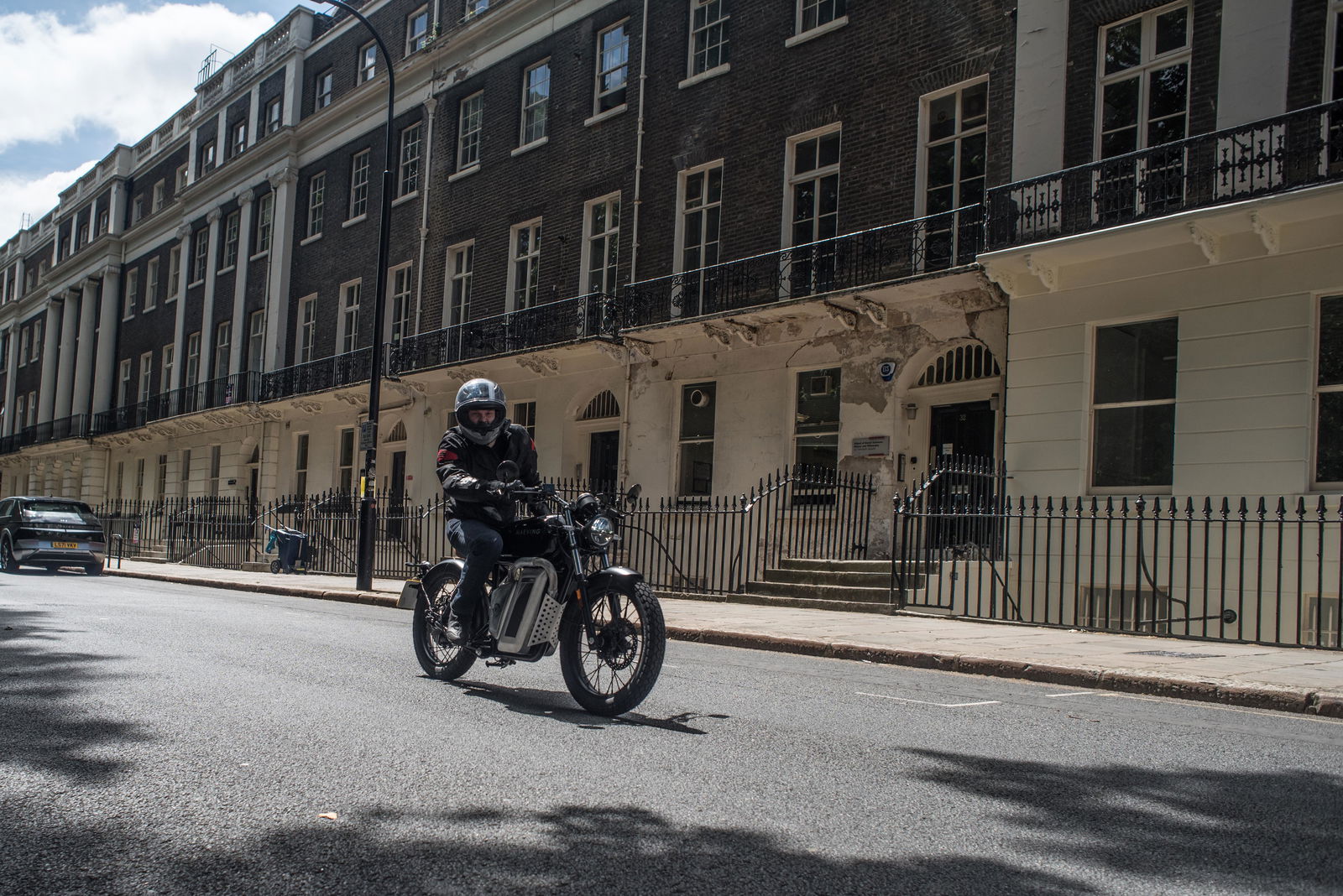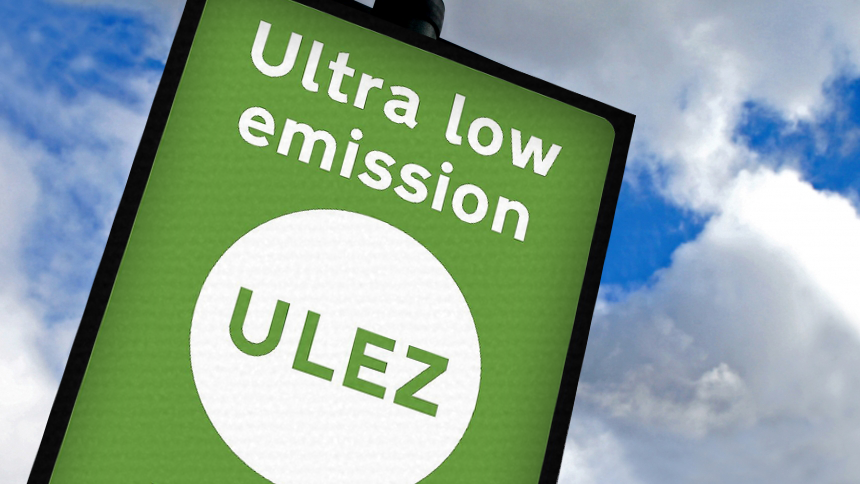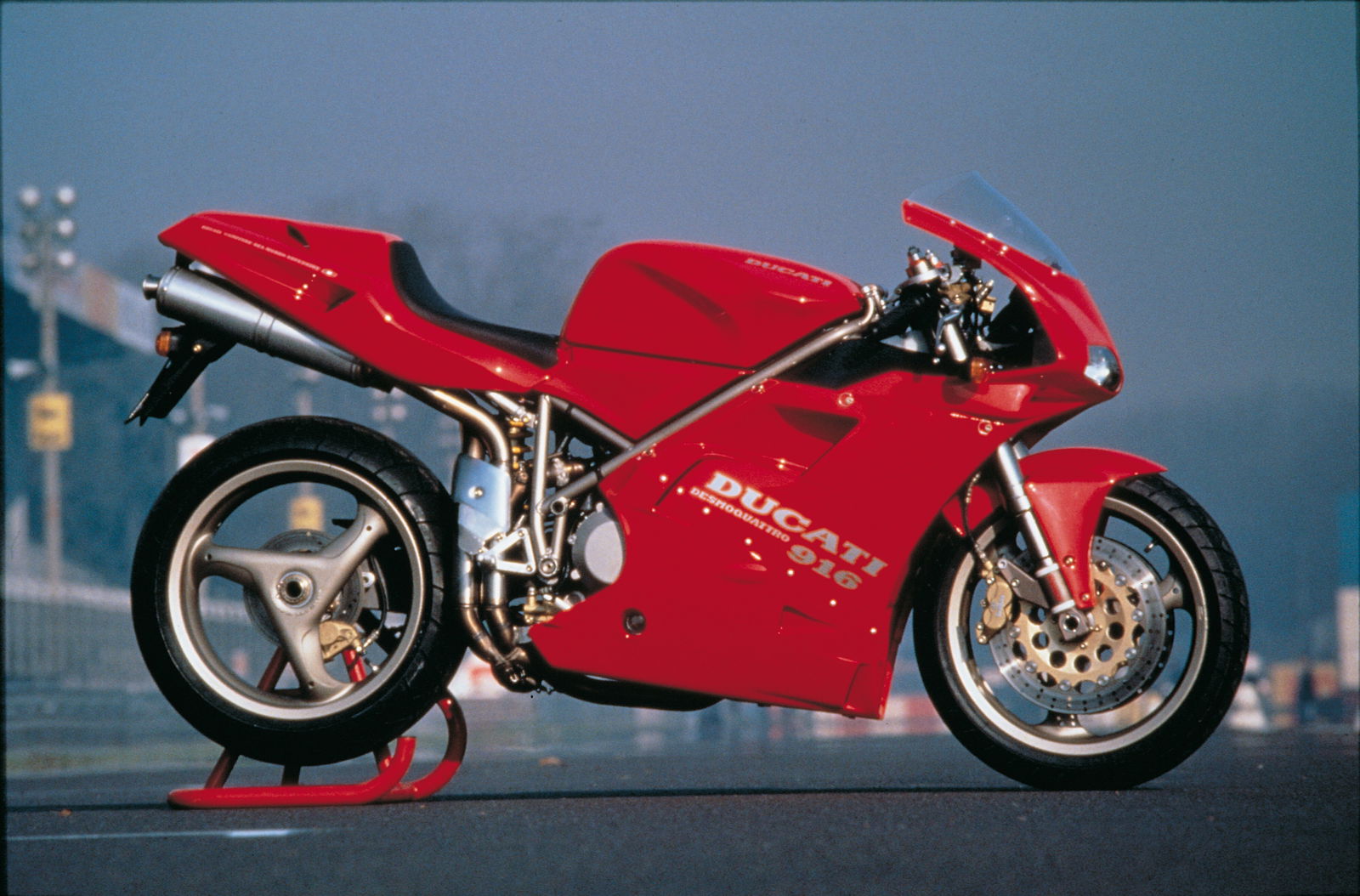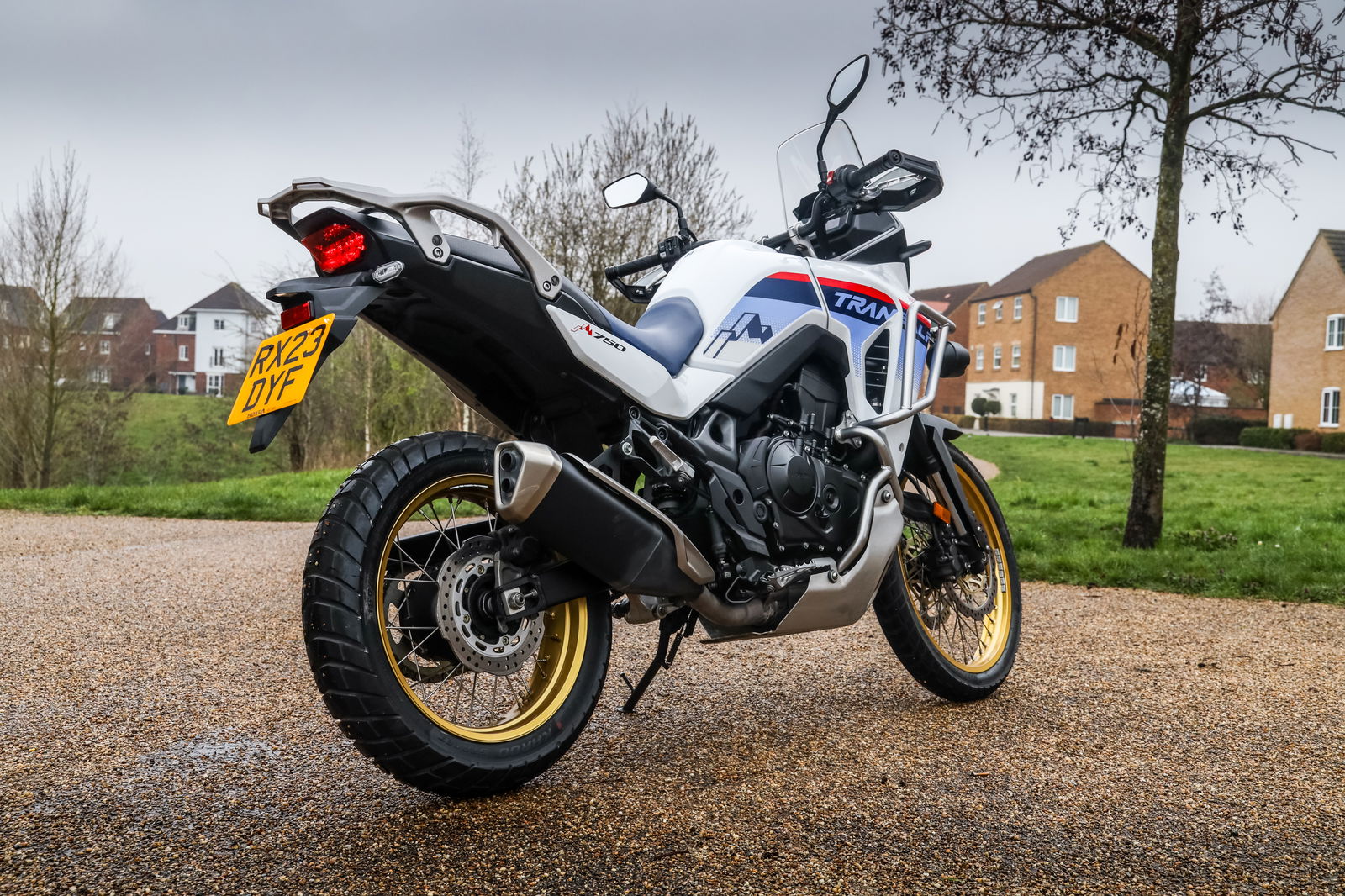Opinion: Are Electric Motorbikes in Trouble?
Cake collapse follows shocking (ahem) 2023 sales figures across the electric segment...

The news that novel Swedish electric motorcycle company Cake has filed for bankruptcy, following hard on the heels of news of the UK’s pretty dismal 2023 electric motorcycle sales, prompts the question: ‘Is the electric motorcycle segment in trouble?’
This is a pretty radical notion considering EVs are still widely being touted as ‘the future’; UK battery electric car sales in 2023 continue to rise and sales of new petrol-engined motorcycles are currently scheduled to end in 2035.
But, according to the latest data, electric motorcycles – and particularly bigger ones, larger than 125cc equivalent – aren’t growing at all. In fact, they’re down by almost 50 per cent, and that’s from what was a pretty meagre sales base in the first place.

And those sales figures, or, strictly speaking, registrations, are fairly damning. In 2023, sales of battery-electric cars were up by 18 per cent in the UK to over 315,000.
Over the same period, however, according to the latest figures published by the MCIA (Motor Cycle Industry Association), total sales of electric motorcycles were actually DOWN by 37.8 per cent to just 4062 units. Compare that to the over 107,000 petrol bikes sold in the same period.
If you break down those electric bike sales by power or performance, it gets even worse. Of those 4062 sales, the vast majority were of low-powered scooters or commuters. Specifically, 1762 were under 4Kw, ie 50cc equivalent; 1958 were 4-11kw machines, ie 125cc equivalent, and 69 were 11-35Kw, ie A2 licence or 47bhp equivalent. In other words, 91 per cent of all electric bike sales were of 125cc equivalents – or less. And even those were 38 per cent down on the previous year. ‘Big bike’ electric bike sales, ie those producing more than 35Kw (47bhp), totalled just 58 machines.
The used market paints an interesting picture, too, where a load of the bikes out there aren't even used - they're brand new. That isn’t the full story, either. Of the few genuine used sales around, eight had mileages of under 1500, with a handful logging only a few hundred.

Smaller electric motorcycles like the Maeving RM1 have fared much better in terms of sales than larger machines
It’s not much of a stretch from there to conclude that few are buying electric bikes. After all, when did you, genuinely, see a bigger electric bike being ridden on the road? (And by that, I’m discounting riders on demo bikes or journos on press machines…)
Of course, once again, I realise, that’s not the whole story. Nor am I being particularly scientific. Smaller, sub-125cc electric bike sales, while also down, are far healthier and more significant. Over 3,700 sales of machines ranging from the innovative, British Maeving RM1, commuter scoots such as those by NIU and the funky bike-scooter hybrid, the Super Soco TC Max, aren’t be sniffed at.

I’m also realistic enough to admit that such smaller electric bikes not only have their place but, in this world of ever-growing inner-city ULEZ, also make practical, viable and tempting urban runabouts. Londoners more than most will be fully aware of the swarms of commuter and delivery electric scoots now whistling along the capital’s streets.
But as bigger, more expensive, higher performance enthusiast machines, a world where petrolheads can quote chapter and verse about their petrol bikes’ configuration, performance and character, it appears I’m not the only one who’s still to be convinced.
There’s an old adage that no one NEEDS a motorcycle – we buy them because we want them. Only small commuters are bought for dispassionate, practical reasons. Unfortunately, it appears – still – that few of us actually want an electric one.








